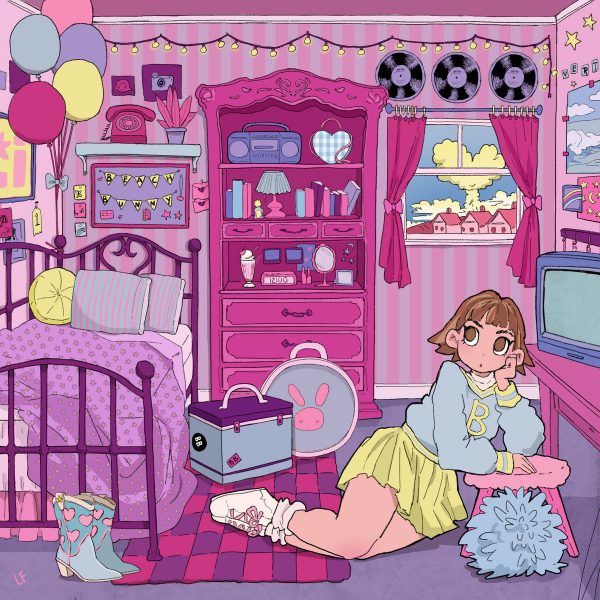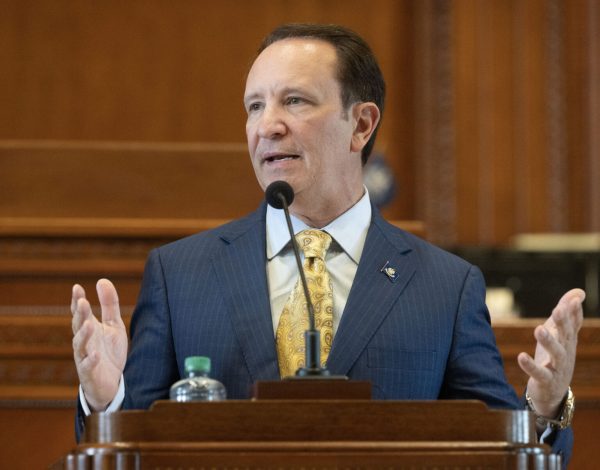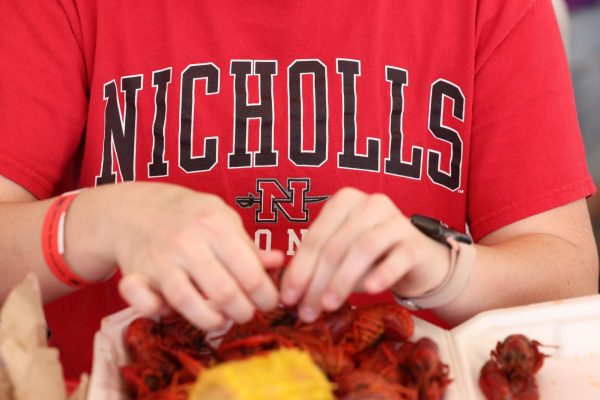Tennessee School Board Bans Pulitzer Prize Winner from Schools Reading Curriculum
Photo by: AFP via Getty Images
US comic book artist Art Spiegelman poses on March 20, 2012 in Paris, prior to the private viewing of his exhibition ‘Co-Mix’, which will run from March 21 to May 21, 2012 at the Pompidou centre. The Swedish-born New Yorker Spiegelman, 62, is known as the creator of “Maus”, an animal fable of his Jewish father’s experience in the Holocaust — the only comic book to have won a Pulitzer Prize, the top US book award. AFP PHOTO / BERTRAND LANGLOIS (Photo by BERTRAND LANGLOIS / AFP) (Photo by BERTRAND LANGLOIS/AFP via Getty Images)
On Jan. 10, a Tennessee school board committee held a vote to have Art Spiegelman’s “Maus” pulled from their 8th grade English Curriculum.
Spiegelman is best known as one of the creators of the Garbage Pail Kids. His Pulitzer Prize winning “Maus” details the true events of his parents as they were taken prisoners, and ultimately became survivors, of a concentration camp during the Holocaust.
According to the committee, the book was banned for “it’s use of profanity, nudity, violence, and depictions of suicide.” At first, they only wanted to revise the language and the image of a woman committing suicide in a bathtub, however, concerns arose that it may violate the book’s copyright. After deciding not to change the book, they instead decided to ban the book.
It was a unanimous 10-0 vote, which was unnoticed by the public until Feb. 9. Backlash of the ban followed shortly. As the backlash grew, people started to buy copies of the book, making “Maus” the number one bestseller on Amazon’s Bookstore.
When Spiegelman, 74, heard that his graphic novel was banned, he was baffled by their decision. In an interview with CNBC, he showed his shock and surprise by saying, “It’s leaving my jaw open, like, what?” He even called the school board “Orwellian” for what they did. He concluded that “it was a harbinger of things to come.”
In response to the backlash, the Tennessee school board wrote a letter stating that they “do not diminish the value of Maus as an impactful and meaningful piece of literature, nor do we dispute the importance of teaching our children the historical and moral lessons and realities of the Holocaust. To the contrary we have asked our administrators to find other works that accomplish the same educational goals in a more age-appropriate fashion.”
But “Maus” was not the only book about the Holocaust that was banned. In 2006 and 2007, John Boyne’s “The Boy in the Striped Pajamas” was banned by concerned schools and parents for its bleak tone.
At the moment, many groups and organizations have been donating copies of the banned book to libraries and are fighting to get the book unbanned. So far, the Tennessee school board has yet to reconsider their choice.











